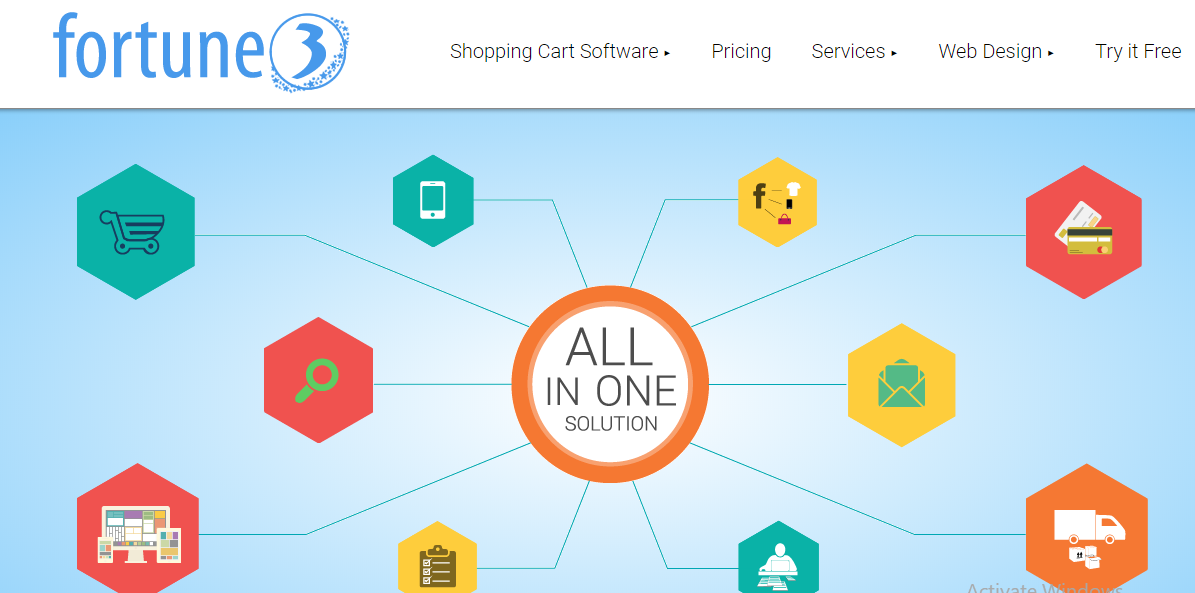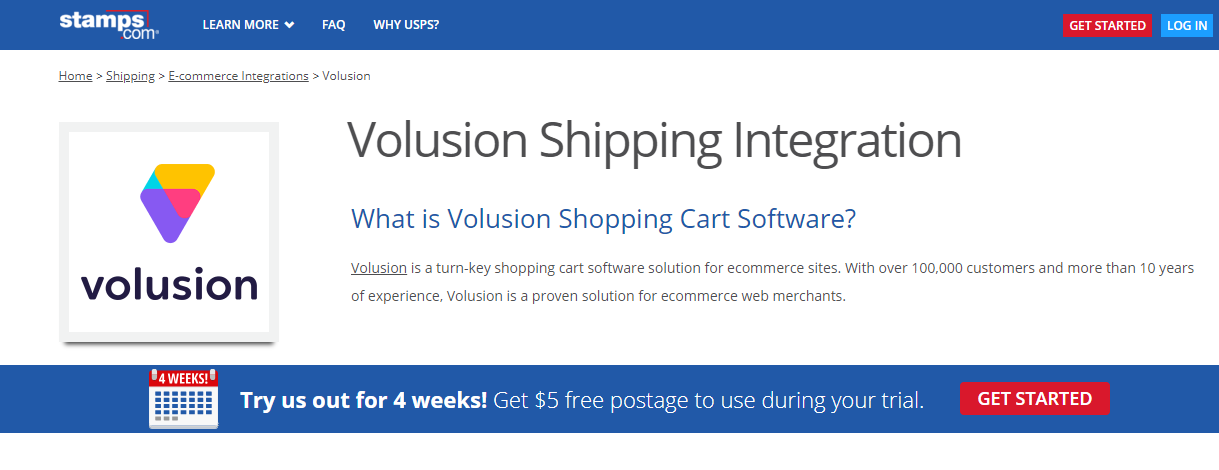Times have changed, for now, you do not need to have programming knowledge and a lot of money to create an online store. Now there are many affordable and easy to use e-commerce providers that are suitable for home-based and small businesses. E-commerce software provider offers shopping cart solutions for your website which enables you to build, edit, and maintain your online shop easily, and collect the orders without having programming or HTML knowledge. Most providers offer everything including hosting, templates and more. Some providers charge transaction and set-up fees while some do not. In all the cases, you will be offered a free trial in which you can test and decide on what you want to choose.
Here is a list of five affordable E-commerce shopping carts.
1. Shopify :

Shopify is among our top recommendations because it is customizable and an easy-to-use e-commerce provider. The service offers mobile options as well. There is a Shopify App store just like Apple’s, through which you can shop and select add-on applications for your website. You can also buy buttons for Facebook and Twitter and get the necessary support, protection from any fraud, 100+ themes, Mobile commerce, Email marketing and Social media integration. You can run a successful online business without the large inventory overhead costs by using Shopify dropshipping. They also have a 30-day free trial, after which the packages start at $24/month.
2. 3Dcart :

3Dcart offers a free trial without the requirement of a credit card. There are 80 payment gateways supported which make it really easy to make a switch. The Plans start at $19.99/month and include 200 products, $25 in free ad credits, No transaction fees, Social media connectivity, Up to 4000 visits a month, 24/7 tech support. 3Dcart is an e-commerce solution suitable for people who want to sell a larger amount of products.
3. Fortune 3

Fortune 3 is a hosted e-commerce solution in which the plans start at $9.95 a month. Fortune3 is SEO-friendly and offers many designs/templates and also allows you to sell and accept gift certificates. There is email marketing, Facebook shopping integration, and the ability to create an affiliate program. Fortune 3 includes all features in all plans, and The difference between these plans is the number of products. The starter plan includes unlimited support, 20 products, unlimited storage and bandwidth and no set-up fee.
4. Avactis :

Avactis is fully hosted with a unique difference which is that they allow the developers to white label the solution as their own. This means that, if you want to, you can sell your own e-commerce offering. You are also offered the standard feature-rich list of shopping carts that starts at $19.95/month. Avactis also has an open source free version.
5. Volusion :

Volusion is also among the top hosted e-commerce shopping carts in the market today and has more than 100,000 customers. The plans start at $19/month and offer a 14-day free trial. The VZoom feature lets the user zoom in and around the product image, and you can also connect to your store to Twitter, Facebook, and YouTube.
We hope that these options will help you in your endeavor!
Read Also :






















